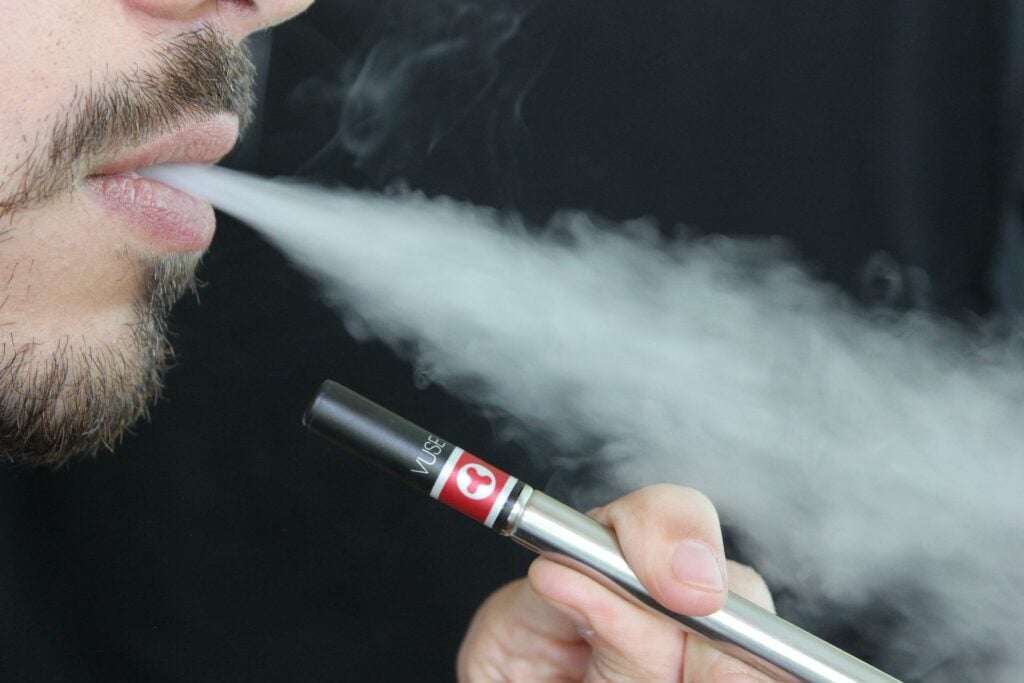The document prepared by Anvisa technicians is part of the review process of a resolution published in 2009, which discusses the commercialization of these products in the country.
ADVERTISING
The report presented data demonstrating health impacts, toxicity and how international organizations position themselves on the subject.
In addition to maintaining the ban, the document proposes that campaigns be implemented to combat smoking and the definition of actions to monitor illegal trade in these devices.
Electronic cigarettes, also known as vapes (short for “vaporizer”), have become a sensation among young people in recent years. According to a study published in the journal Pediatrics, more than one million teenagers aged 14 to 17 started using this type of cigarette in the USA between 2017 and 2019.
ADVERTISING
In Brazil, data published by the Federal University of Pelotas (UFPel) shows that one in five people aged 18 to 24 uses electronic cigarettes.
Health at risk
Vapes have a lower amount of toxic substances compared to conventional cigarettes. However, these devices still have toxic and carcinogenic components in their composition.
According to the National Cancer Institute (INCA), the combination of substances used in the manufacture of electronic cigarettes poses risks to users' health and can cause various respiratory diseases, such as pulmonary emphysema, as well as dermatitis and cancer, among others.
ADVERTISING
This harmful effect is most often masked by the false sensation that the industry behind these devices tries to convey to potential consumers. Mainly, with the idea that the use of electronic cigarettes is not addictive — which is a lie, since nicotine is among the substances used in their manufacture — and that users can give up conventional cigarettes through vapes. Inca warns that there are no scientific studies that prove this relationship.
Curto curation
- Understand the main risks of using electronic cigarettes (Uol Saúde)
- Doctor says electronic cigarettes do not combat addiction (CNN Brazil)
- See the mysterious disease linked to electronic cigarettes (BBC News Brasil)
(Top photo: Reproduction/Pixabay)



